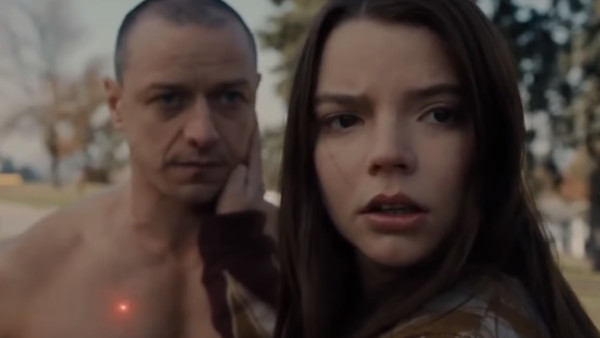10 Movie Villains Totally Ruined In The Sequels
3. The Horde - Glass

The Original
M. Night Shyamalan's Split was championed by many fans and critics as a return to form for the long-beleaguered filmmaker, and that was in large part thanks to the chilling characterisation of murderous antagonist Kevin Wendell Crumb aka The Horde, as so evocatively brought to life by James McAvoy.
McAvoy did such a great job depicting Crumb's cachet of competing personalities that there were even calls for him to receive an Oscar nomination, which of course fell upon deaf ears with the Academy.
All the same, The Horde was a supervillain like no other, and the shocking final sequel tease hinted at the best being yet to come.
The Sequel
Shyamalan's follow-up to both Split and Unbreakable, Glass, was highly anticipated by fans, yet ultimately opened to wildly mixed reviews and a general feeling that it marked a creative regression for a filmmaker who just seemed to be getting his groove back.
To be clear, McAvoy's reprisal of The Horde is easily the highlight of this movie, and he acquits himself admirably, but it ultimately feels like the character, like hero David Dunn (Bruce Willis), is done a huge disservice in the film's third act.
For starters, Shyamalan contrives a plot point virtually out of nowhere that Crumb's surviving victim Casey Cooke (Anya Taylor-Joy) is capable of calming The Beast - in what is nothing if not a discomforting parallel to Beauty and the Beast.
Further still, this is ultimately what leads to Crumb's unceremonious demise, as after being calmed by Casey, he's shot by a random SWAT goon working for Dr. Ellie Staple (Sarah Paulson).
Again, McAvoy tries his damnedest to make it work despite being faced with fundamentally bunk material at every turn, and fans were left grossly underwhelmed as a result.
Some have praised Shyamalan for having the balls to kill off both Crumb and Dunn given the obvious franchise potential, but why did it have to be so insanely flat and anti-climactic?